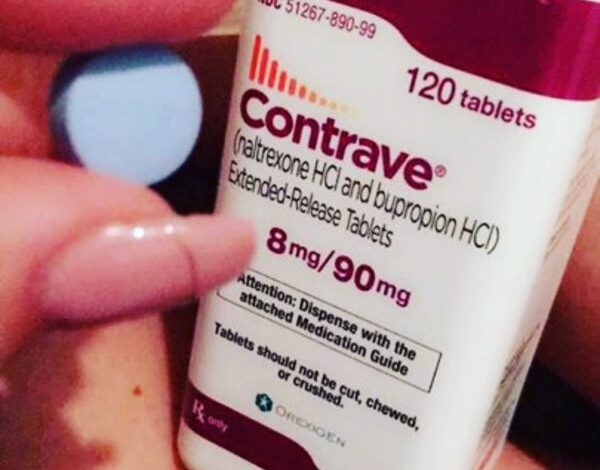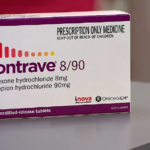Why Is Contrave Not Working?

People who are overweight or obese face a lot of health complications, negative consequences, and concerns. In fact, being overweight or obese increases a person’s risk for many diseases and health conditions. Unfortunately, obesity rates in the United States are rising. With that statistic comes some staggering costs.
Generally, doctors and nutritionists classify people as either underweight, healthy weight, overweight, or obese. These different classifications are determined by body mass index (BMI), or a measure of body fat based on your height and weight. To get a basic idea, this chart from the CDC approximates what that means for someone who is 5’9″ tall.
| CDC APPROXIMATES FOR BMI. | |||
| HEIGHT | WEIGHT RANGE | BMI | CONSIDERED |
| SOURCE: CDC | |||
| 5′ 9″ | 124 lbs or less | Below 18.5 | Underweight |
| 125 lbs to 168 lbs | 18.5 to 24.9 | Healthy weight | |
| 169 lbs to 202 lbs | 25.0 to 29.9 | Overweight | |
| 203 lbs or more | 30 or higher | Obese |
What is contrave?
Contrave is a prescription weight-loss medicine that contains naltrexone hydrochloride and bupropion hydrochloride, for oral use. It was approved by the US FDA in 2014. Contrave may help some adults who are overweight or obese lose weight and keep the weight off. Each tablet of Contrave has a trilayer core composed of two drug layers containing 8 mg of naltrexone, 90 mg of bupropion, and excipients, which are separated by a rapid-dissolving inert layer.
Contrave is used with a reduced-calorie diet and increased physical activity. It is not known if Contrave changes your risk of heart problems or stroke or of death due to heart problems or stroke. It is not known if Contrave is safe and effective when taken with other prescription, over-the-counter, or herbal weight-loss products. Contrave is not approved to treat depression or other mental illnesses, or to help people quit smoking (smoking cessation).
How does Contrave work?
The exact neurochemical mechanism of how Contrave works for weight loss is not fully understood. However, from preclinical study data, the combination is theorized to work synergistically in the hypothalamus and the mesolimbic dopamine circuit to promote satiety, reduce food intake, and enhance energy expenditure.
How should I take Contrave?
Take Contrave exactly as prescribed by your doctor. Follow all directions on your prescription label. Do not use this medicine in larger or smaller amounts or for longer than recommended. Do not crush, chew, or break the tablet. Swallow the tablet whole. Do not take more than 2 tablets at once.
Do not take Contrave with a high-fat meal, or you may be more likely to have a seizure. If you need to use opioid medicine for any reason (such as pain, surgery, or treatment for drug addiction) you may need to stop taking Contrave for a short time. Follow your doctor’s dosing instructions very carefully.
Contrave may affect a drug-screening urine test and you may have false results. Tell the laboratory staff that you use this medicine.
If you have not lost at least 5% of your starting weight after 12 weeks of treatment, Contrave may not be right for you.
How Long Does It Take For Contrave To Work?
Generally, after 12 weeks of treatment with Contrave, a patient should have achieved at least a 5% weight loss since initiation of therapy. If this result is not attained within 12 weeks, then Contrave should be discontinued because it is unlikely that the patient will derive benefit from it.
Why Is Contrave Not Working?
The experience of Contrave is different for everyone, pharmacists, physicians and researchers have tried for decades to understand why the same medication, at the same dose, can work well for some people but not for others, or why some people need higher or lower doses of the same drug, or why some people have side effects, while others do not.
Many factors contribute to these differences in how people respond to Contrave, including age, other medications they may be taking, kidney function and cigarette smoking, to name a few. But it’s become increasingly clear that genetics can also be an important factor in deciding whether Contrave works for you or not.





